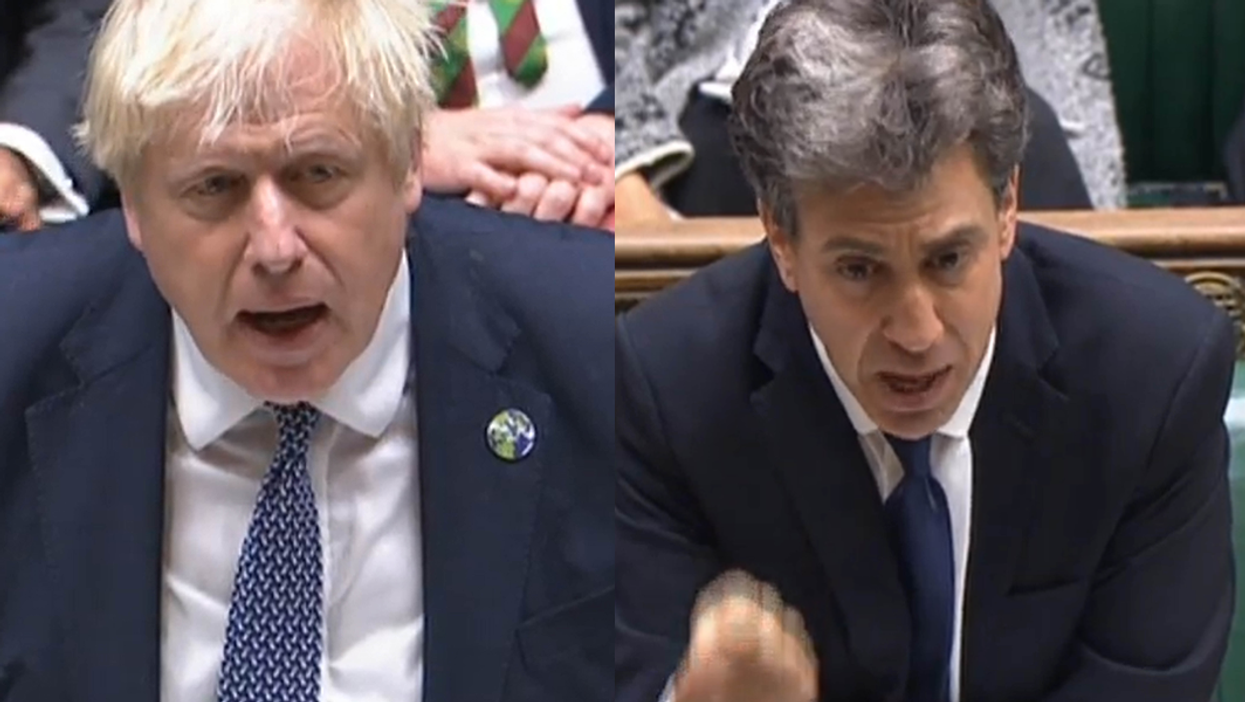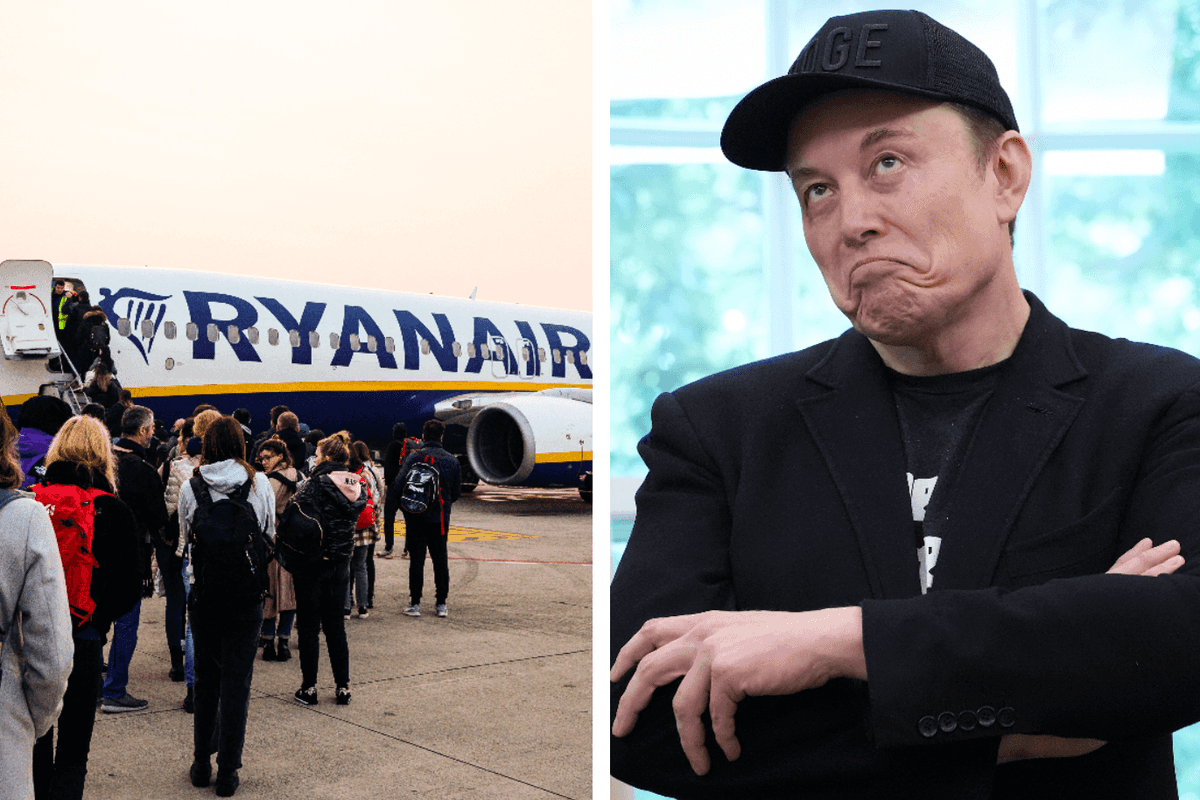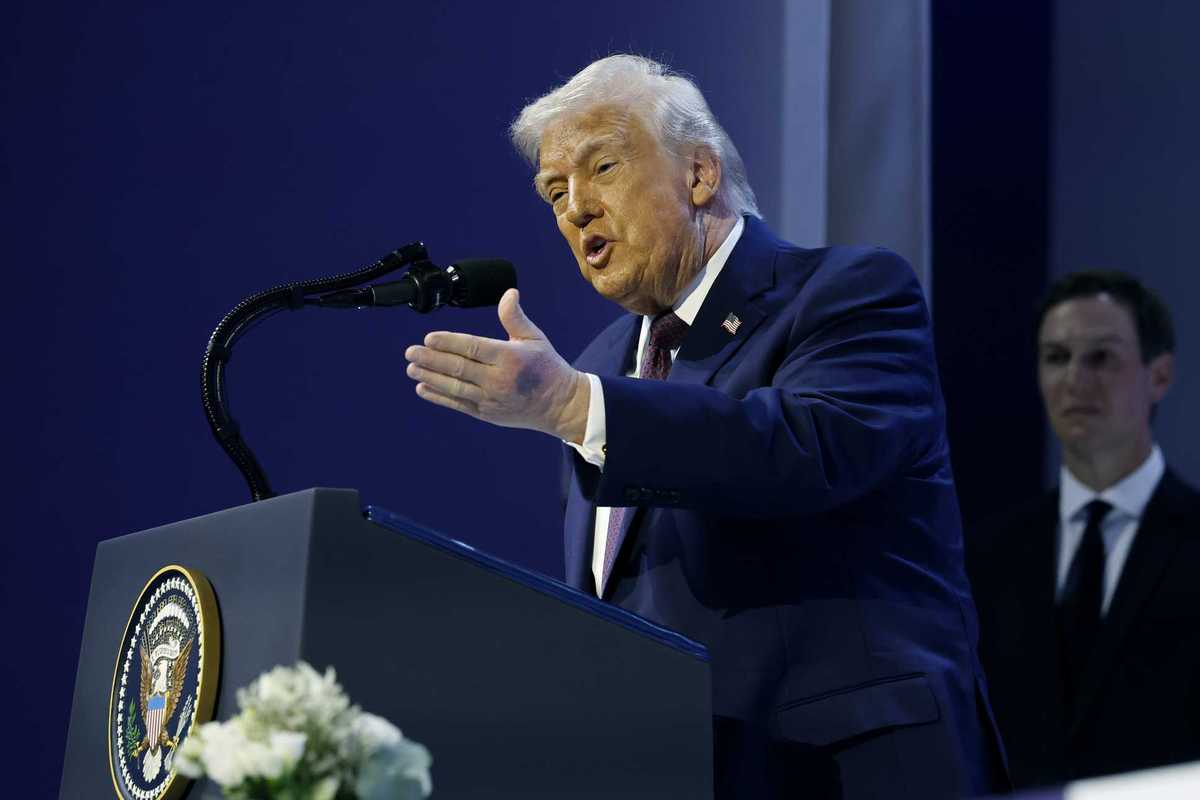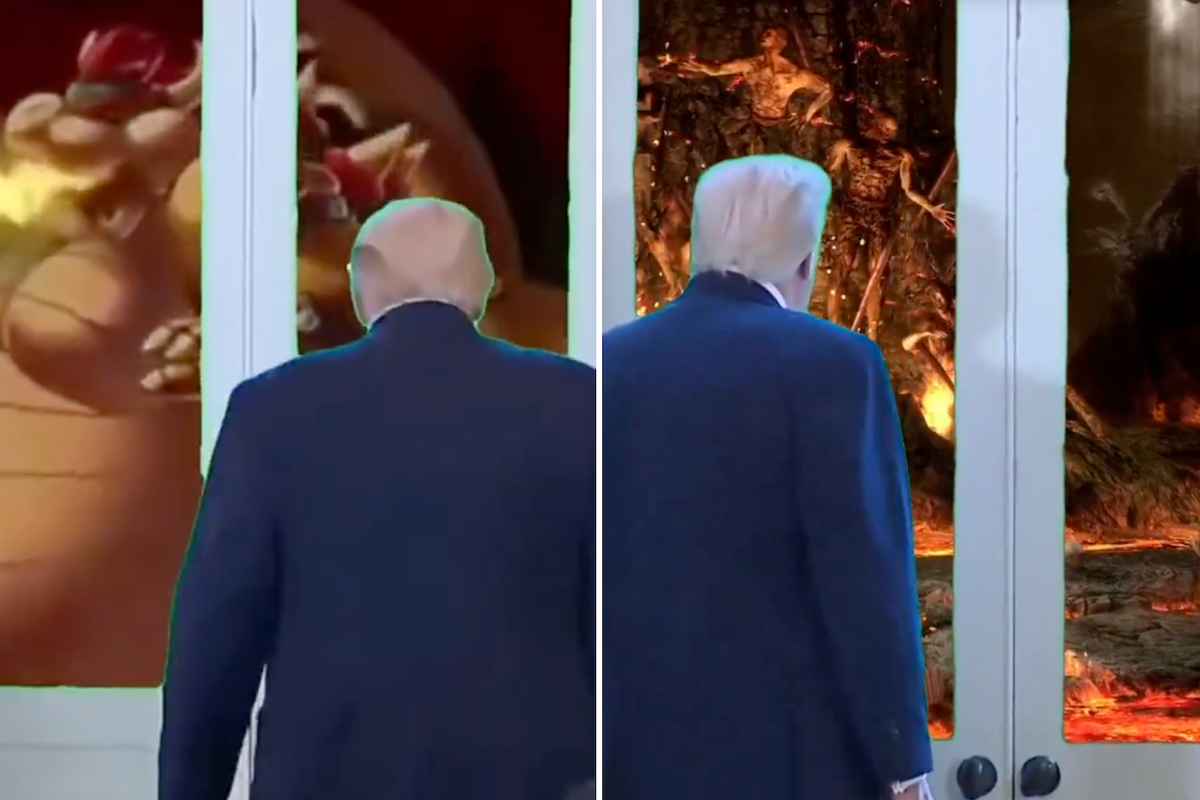Politics
Greg Evans
Oct 27, 2021
PMQs returned on Wednesday, with prime minister Boris Johnson and Labour leader Keir Starmer due to lock horns ahead of Chancellor Rishi Sunak’s highly anticipated autumn Budget and spending review.
Due to Sunak’s announcement, we were treated to a shorter than usual session of PMQs, but things got interesting before it even began as it was revealed that Starmer had tested positive for Covid. His deputy Angela Rayner wasn’t in the Commons either as she was isolating.
Step forward former labour leader Ed Miliband, who jumped in to do PMQs in their absence. It was like 2015 all over again as Miliband was immediately jeered by the Tories, prompting him to quip: “Just like the old days.”
"Just like the old days" Former Labour leader Ed Miliband is back "for one time only" to stand in for Keir Starmer… https://t.co/KvC1vxqMPC— BBC Politics (@BBC Politics) 1635332934
After reassuring MPs that it was a “one time only return” things got underway, so let’s see how they got on and, more importantly, who won for the week.
Sign up to our new free Indy100 weekly newsletter
All of Miliband’s questions were about the COP26 climate summit which is due to start in Glasgow on Sunday. Miliband stressed the event must be a success, otherwise warning that it will have devastating consequences if the planet’s temperature is allowed to rise any further.
Johnson replied by first extending his best wishes and a speedy recovery to Starmer before agreeing with Miliband that the future of the planet is in the balance and that commitments have already been made to reduce the temperature within the next decade.
Verdict: A non-event here as of course both men were going to agree that the summit and the future well being of the planet was of the utmost importance.
Next, Miliband, who is a very passionate voice on the climate crisis, highlighted a UN report that predicted that, at the moment, emissions will only be reduced by 7.5 per cent in the next decade. Miliband wanted to know if Johnson was prepared to acknowledge just how far we are off the targets that we should be reaching in the next ten years.
Johnson did recognise this but argued that we should also recognise just how far the planet has come since the 2015 summit in Paris. “Every day, Mr Speaker, countries are coming through with solid commitments on stopping the output of coal fire power stations, reducing their use of internal combustion engines, planting millions of trees and investing hundreds of millions of pounds in the developing world,” chimed the PM, who caveated this by saying that it was “too early to say” as to whether this was going to work.
Verdict: Once again both parties agreed that making commitments to stop climate change are important, however, Johnson’s little caveat might cause some alarm.
Miliband went on to pull the PM up on this, saying that it was easy to make commitments for the future and urged him to not "shift the goalposts when it comes to Glasgow" and to keep the focus on 2030 and not 2050 and beyond.
Johnson said that the target was for 2030 but seemed reticent to commit too much and said that the government will go as fast as it can on the issue. He then mentioned the plans that Miliband had endorsed which were then condemned by the GMB Union for, as he put it, "confiscating people's cars by 2030 and families would only be allowed one plane flight every five years."
Miliband wasn't happy about this attempt at oneupmanship and yelled back: "What this conference needs is statesmanship and not partisanship. He should not be trying to score party point on such an important issue."
Verdict: This fiery comeback from Miliband to Johnson really brought this session to life. Ed was finally up and running again, indeed just like the old days.
Ed Miliband - "What #COP26 needs is statesmanship & not partisanship... he should not be trying to score party poli… https://t.co/N9gEvVytDD— Haggis_UK 🇬🇧 🇪🇺 (@Haggis_UK 🇬🇧 🇪🇺) 1635333357
Miliband then moved onto climate finance and said that the Paris summit was such a success that countries began to put pressure on "big hitters" like China and India. But he also said that the money had not been coughed up on what had been agreed more than a decade ago in Copenhagen. Miliband asked Johnson: "Has it not made it harder that we are the only G7 country to cut the aid budget in the run-up to this crucial summit?"
Johnson chimed: "Mr Speaker, I thought we weren't going to have any partisan points? Didn't last long." He then went on to boast about the amount of money the government had given to developing countries to tackle climate change, adding that they hadn't cut the aid and were keeping the investment, but did agree with Miliband that the leaders of the developing world needed to 'rise to the challenge.'
Verdict: A slightly more complex issue here that Johnson pushed back on. Miliband should have perhaps presented some concrete figures to really hit the PM hard.
"There is one thing to know what's in a Paris agreement but to not know what's in his budget," Miliband snapped back, adding that Johnson had cut the aid and abandoned the bi-partisan relief in the aid budget. He then claimed that the trade deal with Australia allowed them to drop their temperature agreements and that they are "flirting with a new coal mine" despite telling others to stop using them, and move beyond fossil fuels despite opening up a new oil field. "Isn't the truth Mr Speaker, that the prime minister has undermined his own COP presidency by saying one thing and doing another?" asked Miliband.
Johnson said that Miliband was completely wrong and challenged him to withdraw what he had just said because they were committed to the budget that they had invested to tackle the climate crisis. He also claimed that he had spoken to the Australian PM Scott Morrison and that they had made the commitment to get to net-zero emissions by 2050. The PM continued by name dropping the leaders of Indonesia and Russia promoting their commitments to getting to net-zero but again said: "It's too early to say. It is in the balance."
Verdict: Things were threatening to boil over at this point as Johnson clearly didn’t like the accusations that Miliband was aiming at the government. We’re not sure what name checking all of his mates from around the world achieved for Johnson but at least he could remember the name of the Indonesian president.
Miliband said in response that the prime minister was misunderstanding COP26 as a "glorified photo opportunity" but was instead "a fragile and complex negotiation” and “the problem is that the prime minister's boosterism won't cut emissions in half and photos won't cut emissions in half”. He added: “Can I just say to the prime minister, in these final days before COP26, we need more than just warm words. Above all, Glasgow has got to be a summit of climate delivery, not climate delay."
An irate Johnson claimed that the UK had cut emissions in half and that the economy had grown 78 per cent and that the Tory Party’s approach was delivering across the country and giving the British people 400,440 jobs. He then took a pop at Starmer by saying that, if it was up to Labour, then the country would still be in lockdown.
“COP26 is not a glorified photo opportunity” Labour’s Ed Miliband says “we need more than warm words” on climate a… https://t.co/YkmqidEYoX— BBC Politics (@BBC Politics) 1635333703
Verdict: A nice closing challenge by Miliband towards what the prime minister’s goals should be for COP26. Johnson’s retort of wheeling out the old Tory achievements and slogans was unlikely to emit much more of a response than an eye roll. A poor end to the session from the PM.
Scores:
Boris Johnson: Did seem quite fired up and angry at some of the claims but didn’t really hit Labour back with too much of a punch. His dilly-dallying on whether these commitments will actually help eradicate climate change or not should be viewed as concerning. Hardly statesmanlike: 5/10
Ed Miliband: Having Miliband back was a nice surprise and a throwback to six years ago and more. The shadow business secretary came was a choice voice to challenge the government on their efforts to tackle the climate crisis. Unfortunately, these weren’t exactly knockout blows and are likely to just leave a small bruise instead: 6/10
In conclusion: Hardly a classic and we doubt many clips from this session will be going viral. It was nice to see Miliband taking centre stage again but perhaps having to step in for Starmer at short notice didn’t allow him much time to get his figures straight. A little bit more evidence against the government could have really helped him here but he had his moments which clearly rattled Johnson who was forced to resort to blaming Labour and wheeling out some of the Tories’ other achievements to back himself up.
Top 100
The Conversation (0)














